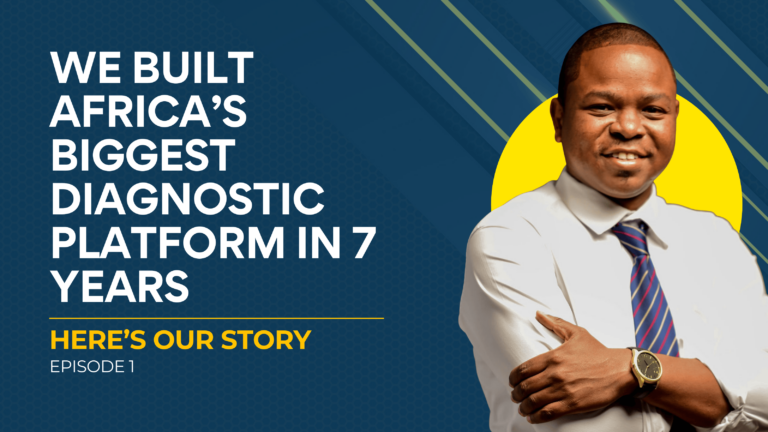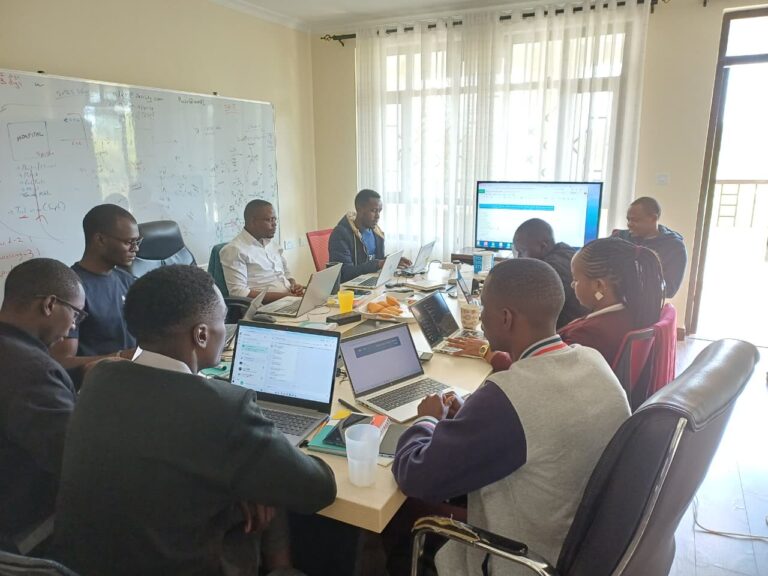
The Future of Healthcare in Africa: A Thought Experiment for 2045

Here’s a thought experiment: What will healthcare in Africa look like in 20 years?
By 2045, Africa is projected to be home to over 25% of the world’s population. That’s a lot of people—and a lot of care to deliver. But it’s a big continent, larger than China, Europe, and the United States combined. With current trends showing urban growth of 3.5% annually, we can expect most Africans to be living in large, connected cities—many with populations between 5 to 10 million.
And here’s the exciting part: almost all of them will likely own a smartphone and have access to the internet.
Healthcare, as we know it today, must transform itself to meet this new reality. What follows is my vision—not a prediction, but a possibility—of what could be.
The Shape of What’s to Come
Over just the last decade, robotics, AI, IOT, and medical equipment have matured at an extraordinary pace. Devices are becoming smaller, smarter, faster, and more connected—though they haven’t yet begun “talking” to each other effectively. But that’s coming.
Add to that:
A tech-native generation of Africans using digital tools to better their lives
Gig economy models being normalized across industries
Surging public and private investment in African health infrastructure
The rise of the African Continental Free Trade Area
A wave of local technology manufacturing
…and the result is an explosive opportunity for transformational healthcare.
A Hyperconnected, AI-Driven Future
In 2045, I believe Africa’s healthcare systems could be among the most interconnected, efficient, and effective in the world.
AI-powered wearables and environmental sensors could bridge primary care gaps—supporting self-monitoring, early diagnosis, and access to care even in underserved areas.
IOT-managed workflows may optimize resource use, improve ROI for investors, and reduce bottlenecks across facilities.
New specialisations and health careers could emerge, driven by local innovation and need.
With effective regulation, we may finally be able to eradicate diseases like cervical cancer, leishmaniasis, and trachoma.
This is not science fiction. It’s a vision grounded in the technologies and trends already in motion.
Let’s Keep the Conversation Going
Of course, no one can predict the future. But we can build it—together. Let me know your thoughts over on Linkedin.



